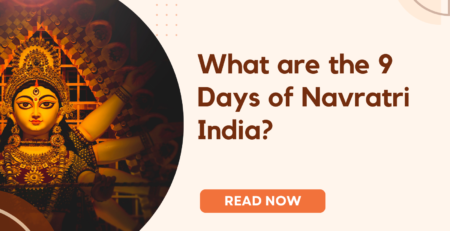Indulgence And Tradition: Exploring The Variety Of Diwali Sweets
Diwali, the festival of lights, is not only a celebration of victory over darkness but also a time when homes are filled with the heavenly aroma of delicious sweets. One of the most delightful aspects of Diwali is the indulgence in a wide array of sweets and treats that hold cultural significance and add a touch of sweetness to the festivities. In this blog post, we will explore the role of sweets in the festival of Diwali, delving into the traditions, symbolism, and sheer joy these delectable creations bring to the celebration.
Cultural Significance:
Sweets play a central role in Diwali celebrations, symbolizing the sweetness of victory, the triumph of light over darkness, and the importance of sharing joy with loved ones. It is customary for families to exchange boxes of assorted sweets, a gesture that signifies the strengthening of bonds and the spreading of happiness. The variety of sweets prepared during Diwali reflects the rich diversity of Indian culture, with each region having its own unique specialties.
Traditional Diwali Sweets:
1. Ladoo – These round, bite-sized delights are a staple during Diwali. Made from ingredients like gram flour, semolina, and sugar, ladoos come in various flavors and are often garnished with nuts. The round shape symbolizes the cyclical nature of life.
2. Gulab Jamun – Soft and spongy dumplings soaked in sugary syrup, gulab jamuns are a favorite across India. Their golden-brown hue is reminiscent of the warm hues of Diwali lights.
3. Kaju Katli – Kaju Katli, or cashew fudge, is a diamond-shaped sweet made from ground cashews, sugar, and ghee. Its smooth, melt-in-your-mouth texture and rich flavor make it a popular choice during Diwali. The diamond shape represents good fortune and prosperity, making Kaju Katli a symbol of auspicious beginnings.
4. Jalebi – These spiral-shaped sweets, deep-fried and soaked in sugar syrup, are known for their vibrant orange color and sweet, tangy taste. Jalebis are often enjoyed warm, adding to the sensory delight of Diwali.
5. Rasgulla – Rasgullas are spongy, white dumplings made from chhena (paneer) and soaked in sugar syrup. They offer a refreshing contrast to the richness of other Diwali sweets. People from the eastern regions of India celebrating Kali Puja during Diwali generally prepare them.
Symbolism in Preparation:
The act of preparing sweets for Diwali holds profound cultural significance. Families come together to make these treats, passing down recipes from generation to generation. The preparation of sweets is a communal activity, fostering a sense of unity and shared responsibility. The kitchen becomes a hub of activity, filled with laughter, stories, and the tantalizing aroma of festive treats.
Sharing Joy and Prosperity:
The act of gifting sweets is more than a mere exchange of food; it is a symbol of bestowing sweetness and prosperity upon the recipient. Many businesses also distribute sweets to employees and clients during Diwali as a gesture of goodwill and to celebrate the shared success of the past year.
In the grand tapestry of Diwali celebrations, sweets form a vibrant thread that weaves through the cultural, social, and familial aspects of the festival. Beyond their delectable taste, these sweets embody the spirit of Diwali — a celebration of light, victory, and the sweetness of life.








